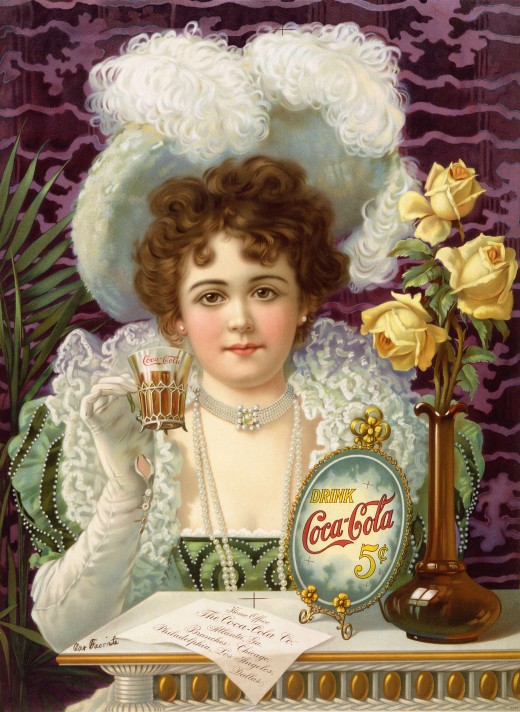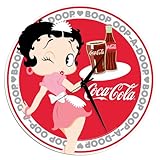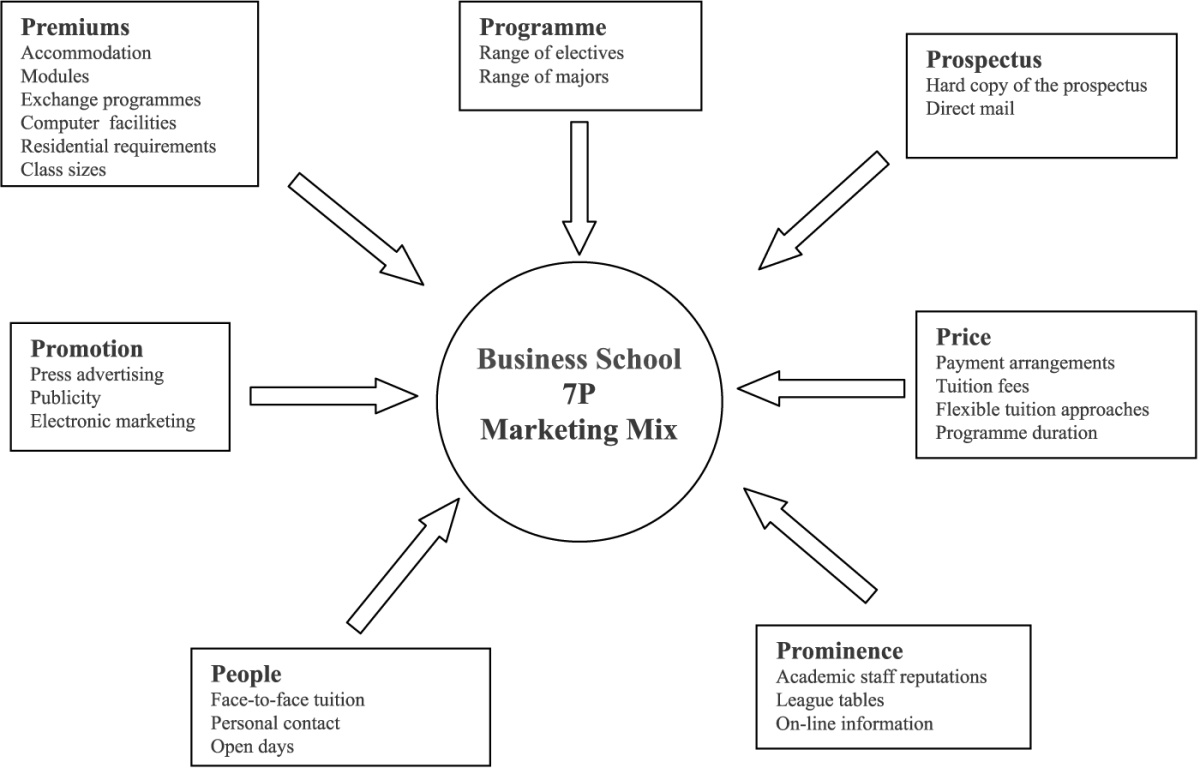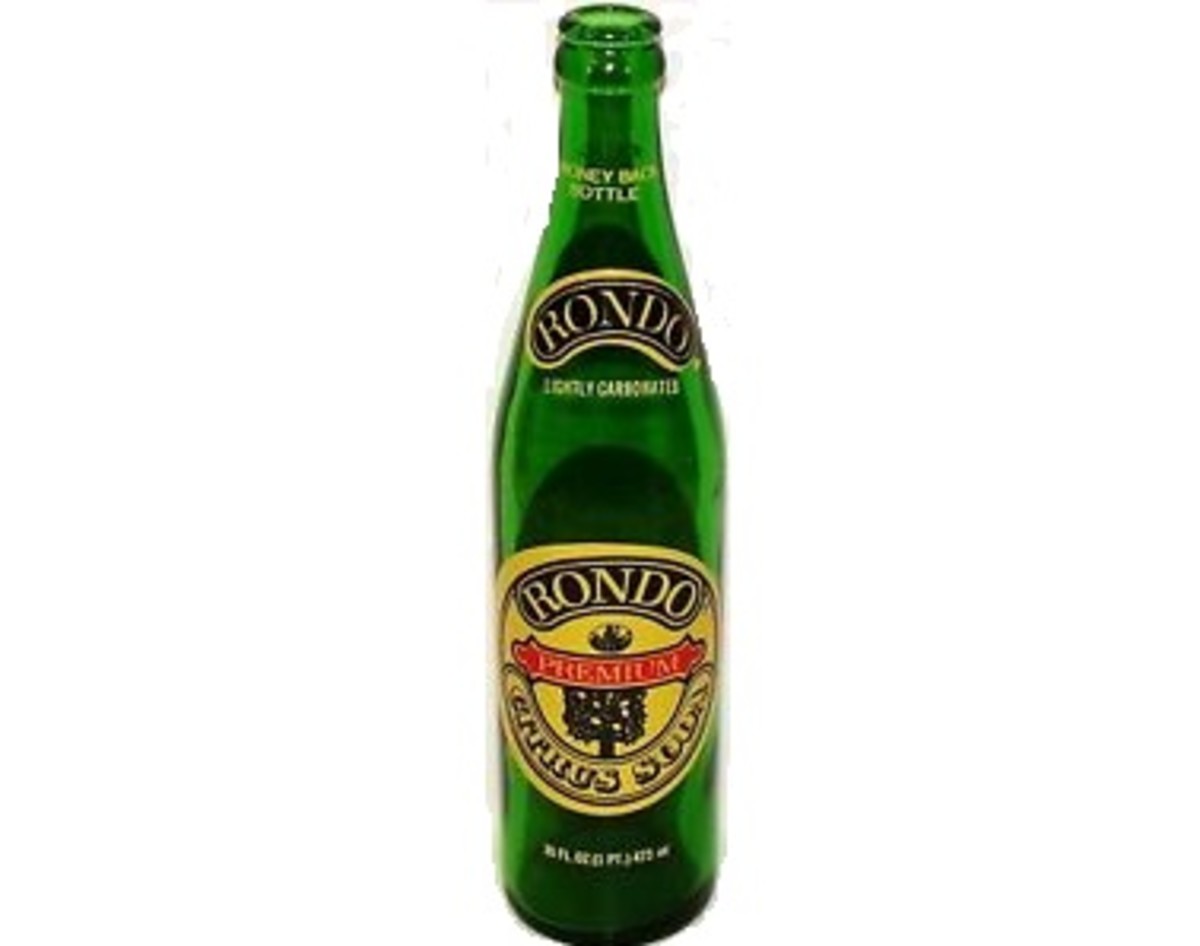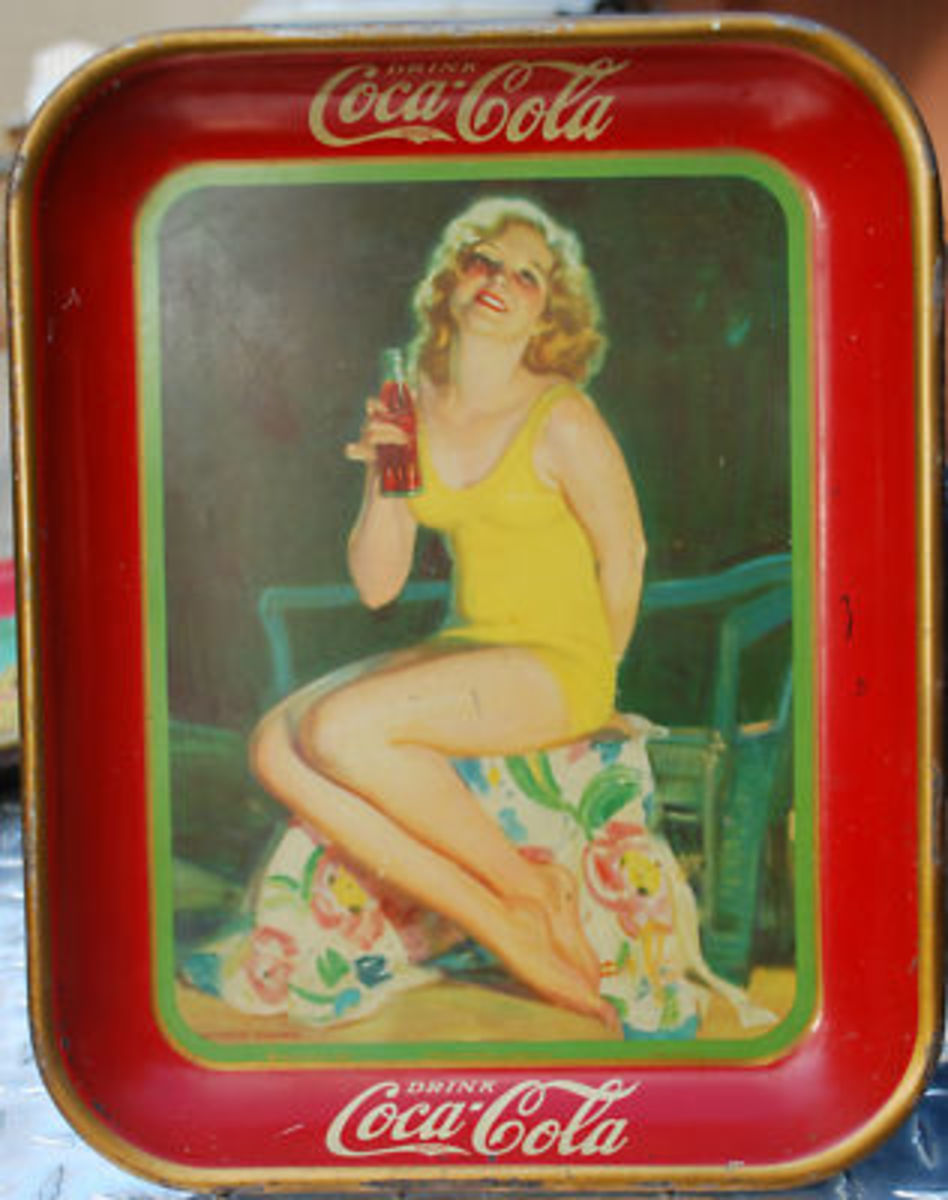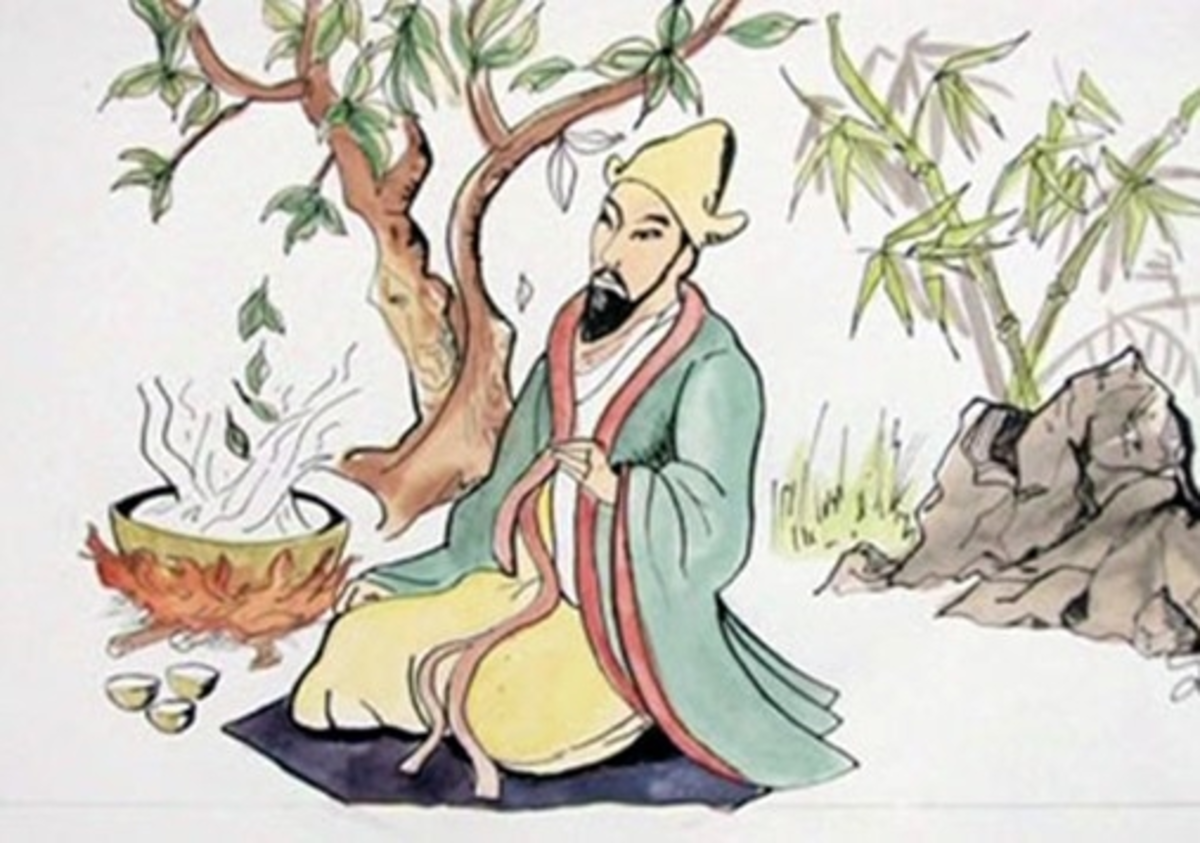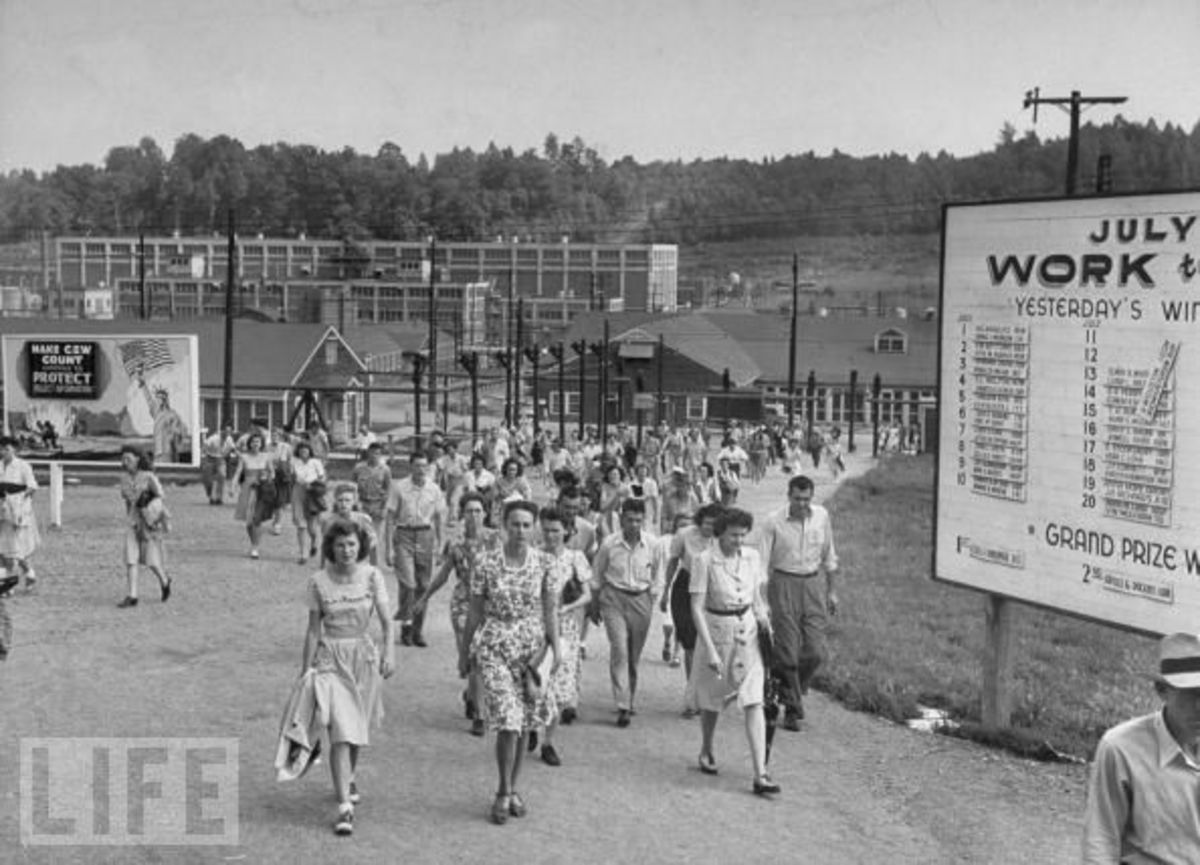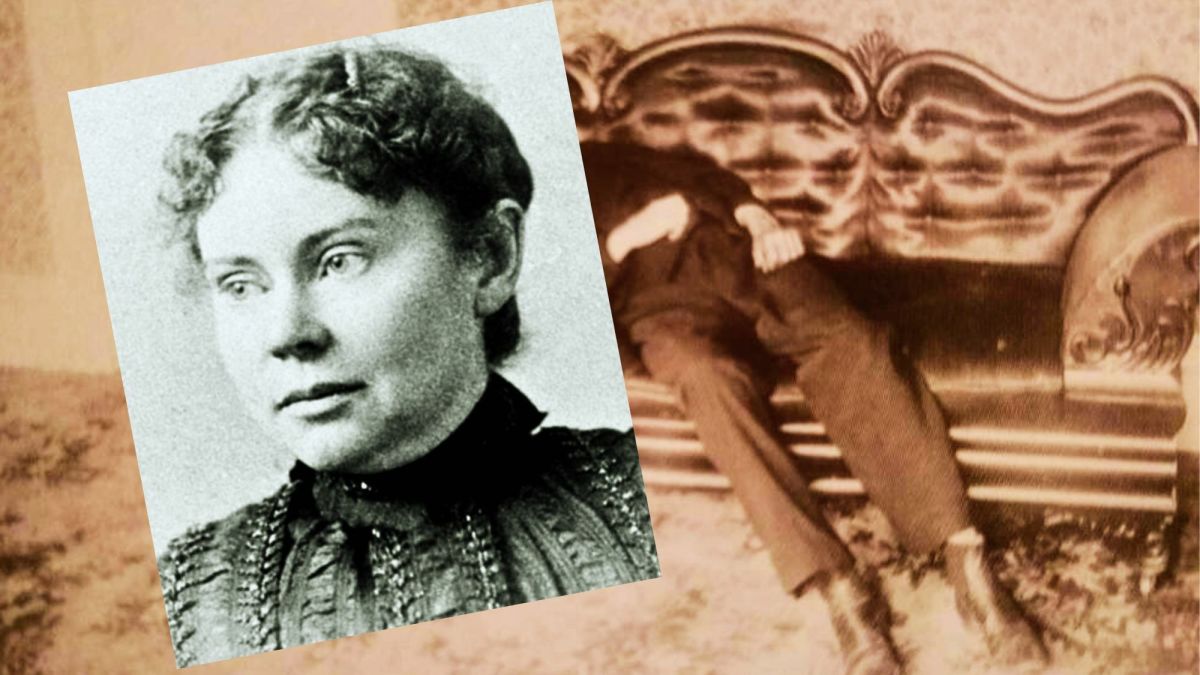- HubPages»
- Education and Science»
- History & Archaeology»
- History of the Americas
The Unexpected History of Coca Cola
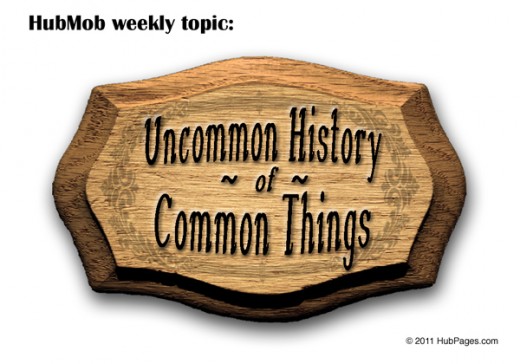
When I was travelling in Bolivia a few years ago, I took a visit to the Museum of Coca where I found out some surprising facts about the origins of coca-cola. This visit has inspired me look deeper into the history of the most commonly recognised drink in the world. The results of my research revealed a few unexpected susprises!
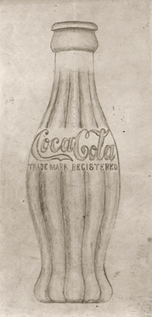
A medicine , not a beverage
The original Coca-cola was invented in 1886 by a pharmacist from Atlanta called Dr John Pemberton. The prototype was called ' french coca wine'. Prohibition then meant it had to be redesigned without alcohol. The drink wasn't meant to be a beverage for everyday consumption - it was designed as a remedy for headaches, and as a general tonic. This is why it was sold in pharmacies. And what was the active ingredient? The clue is in the name - coca leaves, as in cocaine! Pemberton claimed that his new product cured mainy illnesses, including morphine addiction, dyspepsia and impotence.
Coca leaves have been used as a mild natural stimulant by natives of South America for centuries, and it was an Italian doctor called Paolo Mantegazza who observed this use on a visit to Peru. After trying the leaves for himself, he wrote a paper on their effects in 1859 which introduced coca to a western audience.
The original coca-cola recipe included a 'pinch of coca leaves'. But after 1906 and the passing of the 'Pure Food and Drug Act', the company only used de-cocanised leaves. A form of these leaves are used in the making of coca-cola to this day, and although coca-cola is no longer marketed as a medicine, coke syrup can still be bought in some pharmacies as a remedy for nausea.
Building a Global Brand
By 1888 there were three competing brands of coca-cola and various businessmen had bought the rights to make and market the tonic. Asa Griggs Candler tried marketing the beverage under the names 'Yum-yum' and 'Koke' - both of which failed to catch on. He purchased exclusive rights to the formula in 1888 to force his competitors out of business - though there were later claims that the signatures on the bill giving up the rights had been forged! In 1892 he incorporated 'The Coca-Cola company' as a rival to a pre-existing 'Coca-cola company', and it is 'The Coca-Cola Company' which has survived to this day.
Coca-cola's advertising campaigns are legendary - the brand has succeeded in positioning itself as an icon of American culture, and is one of the most recognised brands on the palnet today. Coca-cola has been credited with giving us the idea that Santa wears a red suit, although they were not the first beverage to use Santa Claus in an advertisement (that was White Rock ginger ale in 1923.) Before the Christmas campaigns of the 1930s, coca-cola mainly used the traditional advertising tactic of pretty girls to sell their product, staring in 1895 with the image pictured below.
In more recent times the company's advertising campaigns have extended beyond traditional advertising into sports sponsorship. They have received criticism for their marketing tactics in American high schools, given that coca-cola has a high sugar content and obseity is on the rise among young people. They have also been accused of exploitative labour practices in developing countries.
And yet as a brand coca-cola seems unstoppable. I have travelled in over twenty countries and every one of them had coca-cola for sale, sometimes pervasively. My biggest shock came when I hiked for a day uphill into the Columbian forest to visit a village of the Kogui - a tribal people who still live by traditional ways. When I got there I saw a crude wooden sign hanging over the doorway of a small hut made of sticks. It said, in rough letters: 'Tienda', that is 'store'.They had only one product for sale and guess what it was? Yep - a few cans of coca-cola!
